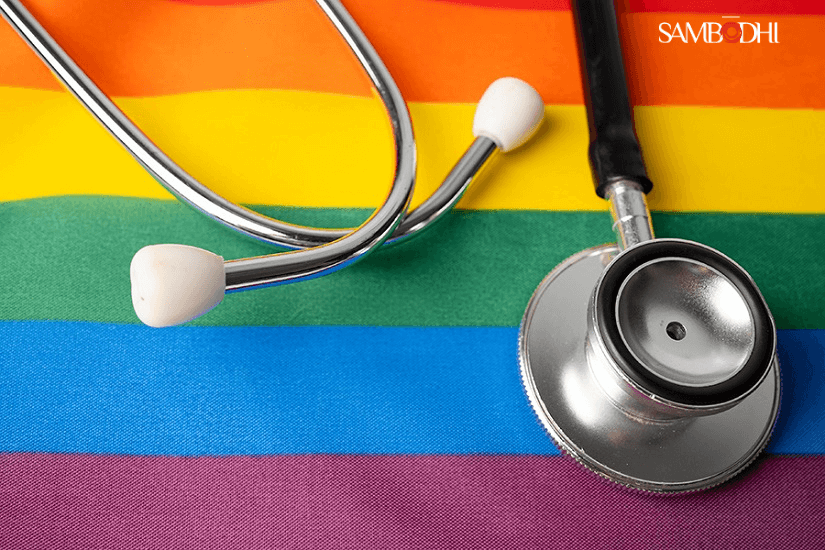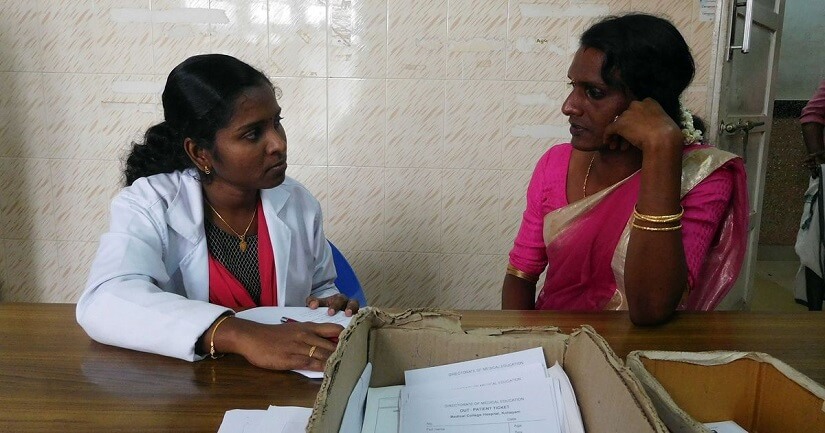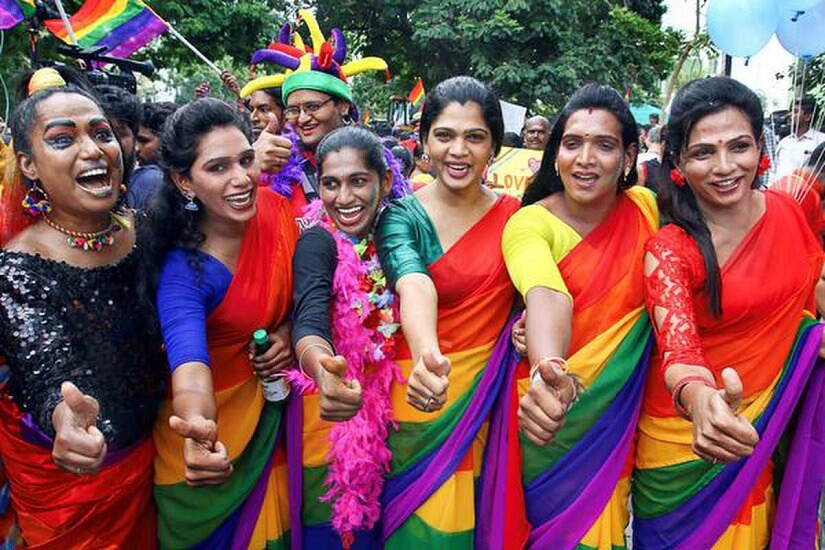Queer Care: Access to Healthcare for LGBTQIA+ Community

One of the inalienable rights an individual is entitled to is access to good quality healthcare. WHO defines it as a fundamental right, free of discrimination based on race, religion, political belief, economic or social condition. Yet, the current climate is less than ideal, especially if we scrutinize healthcare for particular communities.
Despite widespread legislation across countries to ensure affordable and accessible healthcare for the general population, one community that has consistently slipped through the cracks is the LGBTQIA+ community. Queer folks have historically faced discrimination in healthcare settings through delay and denial of essential, often lifesaving medical intervention and care. Fear of discrimination even deters queer folks from seeking healthcare, further perpetuating invisibility and violence against their community.
According to a study by the Harvard School of Public Health, nearly one in five members of the LGBTQIA+ community in America avoid seeking medical care due to discrimination concerns. The following statistics display the alarming nature of the situation:
- 16% of LGBTQ people report being personally discriminated against by doctors or health clinics because of their gender identity and sexual orientation.
- 18% avoid going to a doctor or health clinic out of fear of discrimination and mistreatment because of their queer identity.
- 31% of transgender people have no regular doctor or healthcare professional to provide services during sickness.
- 22% do not have health insurance.
Recent studies in India have also outlined the rampant discrimination against the queer community in the Indian healthcare system through lived experiences of community members. These range from humiliation and verbal attacks to threats of revealing their sexual orientation without their consent.
Discourse around cultural factors exists, but what does the research say about the sources of such discrimination?
According to medical research and social science findings, the LGBTQIA+ community is at a greater risk of various physical and mental health problems, including psychological distress, substance abuse, and sexually transmitted diseases. These health issues are compounded because queer folks experience discrimination embedded in public health systems.
If we look into the kind of discrimination faced by queer individuals, the threats they face at personal levels become clearer.
For example, when seeking care, queer individuals, especially gender non-conforming people, are required to disclose their sexual orientation or history to healthcare providers, rendering them vulnerable to discrimination.
To avoid discomfort and receive equal treatment, queer people very often prefer to hide their identities in the healthcare system. Non-disclosure, however, poses risks for transgender people in cases where their medical records don’t align with their gender identity during or post-medical transition. In addition to the physical toll, the cost of gender reassignment surgeries and recovery is very high in both monetary and emotional terms, which excludes queer folks with limited socio-economic capital from accessing gender-affirmative procedures.
What are the odds of encountering an LGBTQIA+-friendly healthcare provider or clinic in non-metropolitan areas?
As most of our experiences would confirm, the chances are slim. Queerness is still seen as a predominantly urban phenomenon in India brought in due to the influence of Western culture, which cases the erasure of queer identities on the fringes.
A prominent way of erasure that these communities face is the lack of data on their access to healthcare. Despite increasing advocacy for these groups’ rights, with reference to the efforts to legalize same-sex marriage, legislation providing good quality healthcare is more or less absent.
Barriers to access get exacerbated due to unemployment and poverty, all leading to a strong reluctance and inability to seek care. The problem is made more acute by the lack of anti-discrimination policies. Without clear definitions and guidelines, sexual and gender minorities are unaware of whom they can turn to in times of emergency and what protections they are guaranteed, if any.
How does discrimination affect queer lives?
The lack of safe spaces for the LGBTQIA+ community to seek quality, affordable healthcare translates into increased exposure to unsafe procedures and treatment without medical supervision. For instance, when transgender individuals cannot obtain hormones and other gender-affirming procedures, many resort to untested and unreliable alternative channels and methods of gender affirmation that pose serious risks to their health and well-being.
Forms of overt discrimination and micro-aggression against queer folks in public health services delivery institutionalize gender-based violence and create anxiety for the community. This jeopardizes their fundamental right to health and relegates LGBTQIA+ to second-class citizens.
Extreme manifestations of misinformation and discrimination against the queer community in India are the frequent instances of conversion therapy, which are unscientific practices rooted in homophobia and transphobia that pathologize gender identities and sexual orientations. Such practices, including invasive and degrading medical and therapeutic procedures, which cause immense psychological and physical damage to queer individuals.
What is the way forward?
With more conversation around queerness and increased visibility of queer individuals in mainstream spaces, there is huge potential to bring about lasting positive changes toward improving access to healthcare for the LGBTQIA+ community in the country. Social media plays a major role in amplifying the voices of queer folks who are strong advocates for creating equitable and rights-based public health service delivery models.
Members of the community who are also medical health practitioners have been building awareness and curating open access list of queer-friendly healthcare providers and institutions through their social media channels, which go a long way in helping the community find spaces and resources they can access when the need arises.
It is also crucial to bring about awareness and conversation in the policy domain regarding accessible and affordable healthcare for the queer community through sustained public advocacy and mobilization efforts. Quality data needs to be collected to create policies that understand and address the nature of systemic discrimination to reach out and help strengthen these communities and their access to quality healthcare services.
Bringing about anti-discrimination legislation would be the first step towards preserving and protecting the life and dignity of all people, irrespective of their sexual orientation and gender identity.
Debapriya Chanda – Deputy Research Manager, Sambodhi



